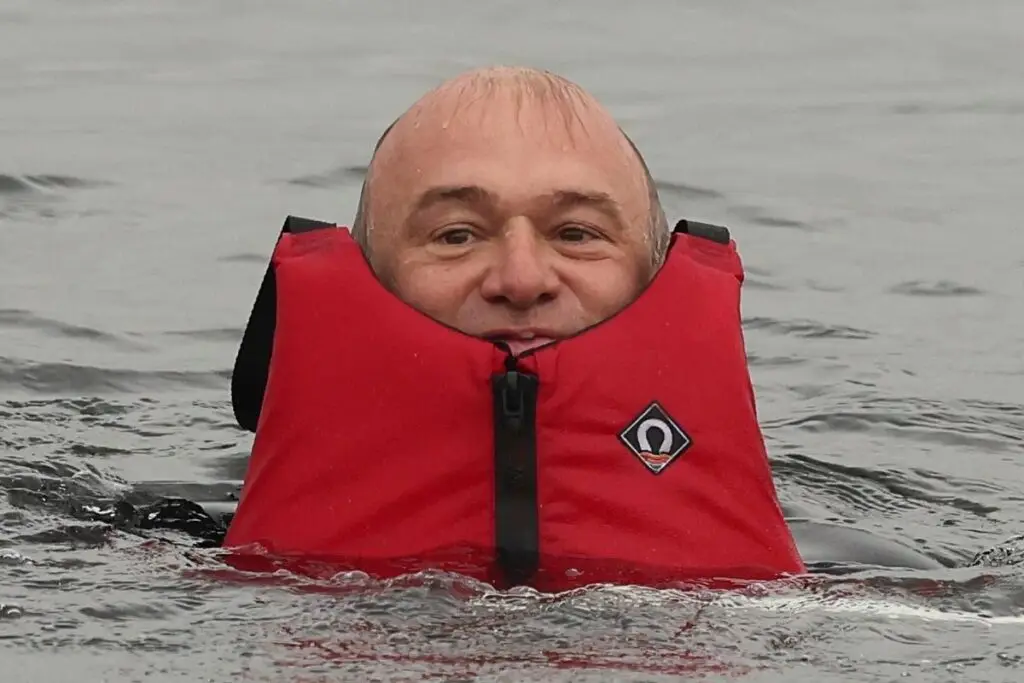The dire state of water quality in the UK has come into sharp focus, sparking debates on the best approach to resolve the crisis.
- Ed Davey’s unfortunate dips in Lake Windermere have highlighted water pollution issues there.
- Windermere isn’t alone; other areas like Brixham and the Thames face similar pollution challenges.
- The cost of necessary refurbishments is staggering, estimated at £51bn, raising questions about who should pay.
- Tim Cowen proposes significant regulatory changes as a potential solution, avoiding costly nationalisation.
Ed Davey’s repeated plunges into Lake Windermere during a recent photo call drew attention to severe water pollution. The lake, impacted by a significant sewage spill in February, isn’t fit for swimming, causing public outrage against United Utilities. Pollution in popular areas like Brixham and parts of the Thames has harmed public health and aquatic life, making the issue impossible to overlook.
Water quality problems aren’t isolated. Brixham’s waters contain parasites, and the Thames has e-coli from sewage overflows, prompting warnings for rowing competitors. Heavy rainfall, likely linked to climate change, and decades of under-investment in infrastructure have exacerbated the situation, making reform urgent. The public is increasingly frustrated with perceived negligence by private water companies.
Environmental controversies have centred on the high returns demanded by private equity owners. These demands compromise investment in essential refurbishments. Current regulations cap prices, limiting the funds available for improvements. The debate rages over the balance between private ownership benefits and the ethical implications of profiting from a natural resource.
Nationalisation is proposed but is costly and doesn’t solve the £51bn funding gap for refurbishments. Alternative measures, like imposing additional taxes or investment requirements, face legal challenges and may deter investors. Therefore, a radical rethink is needed to encourage private companies to effectively tackle the issue without burdening taxpayers.
Tim Cowen, a prominent lawyer, suggests divorcing certain functions from water companies to circumvent price-capping restrictions. His proposal involves creating new, specialised entities focused solely on sewage and water treatment. These entities would not be restricted by consumer price caps and could thus attract the necessary investment for improvements, providing a feasible middle ground.
Cowen also recommends tighter regulatory oversight to ensure transparency and accountability in investments. By localising new operators to specific river basins and appointing experts in local ecosystems, the plan aims to foster innovation and timely improvements. This approach, he argues, could align the industry’s financial incentives with public health and environmental goals.
The public outcry over the current water crisis may enable much-needed reforms, balancing investment and regulatory oversight.


